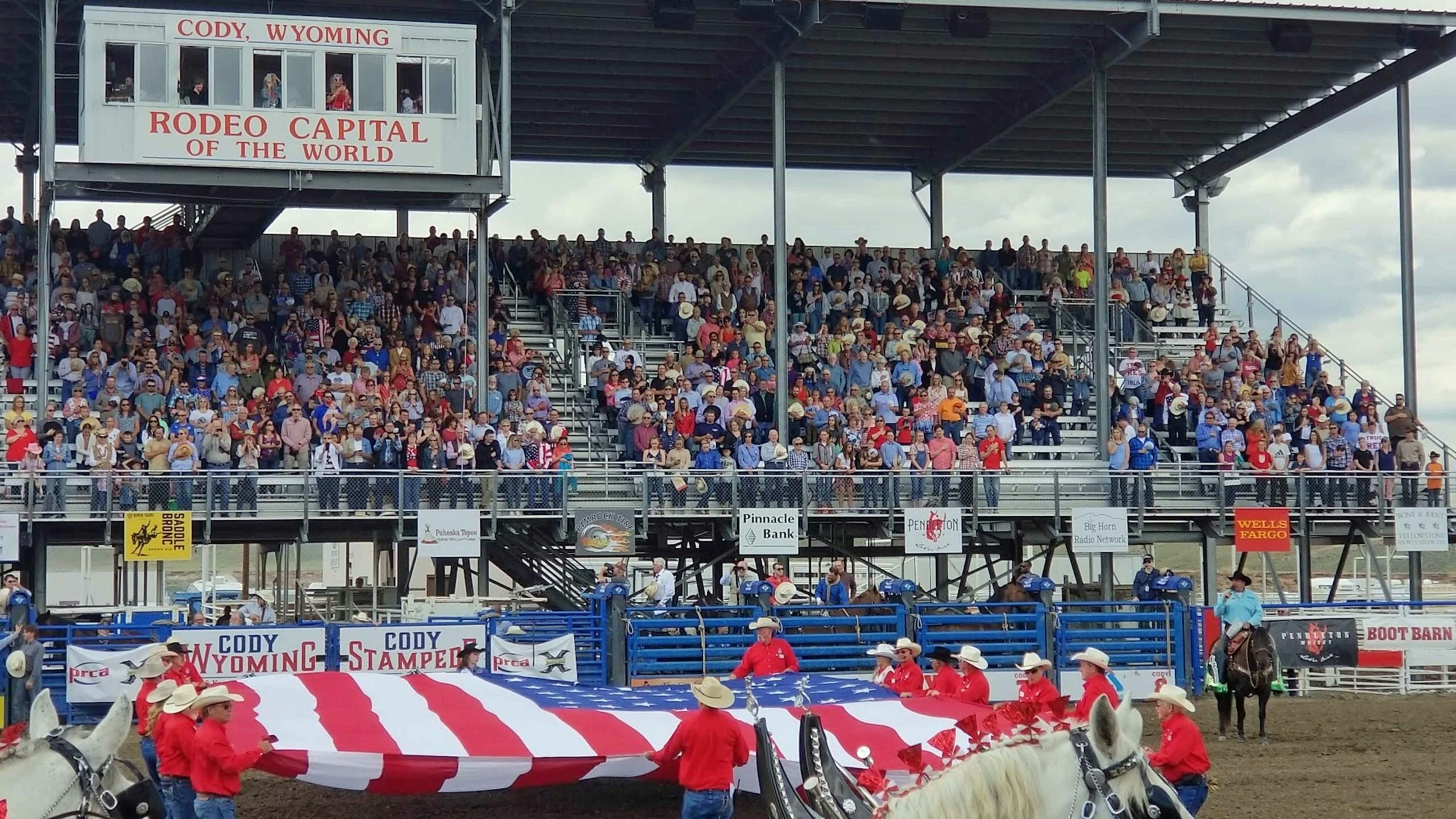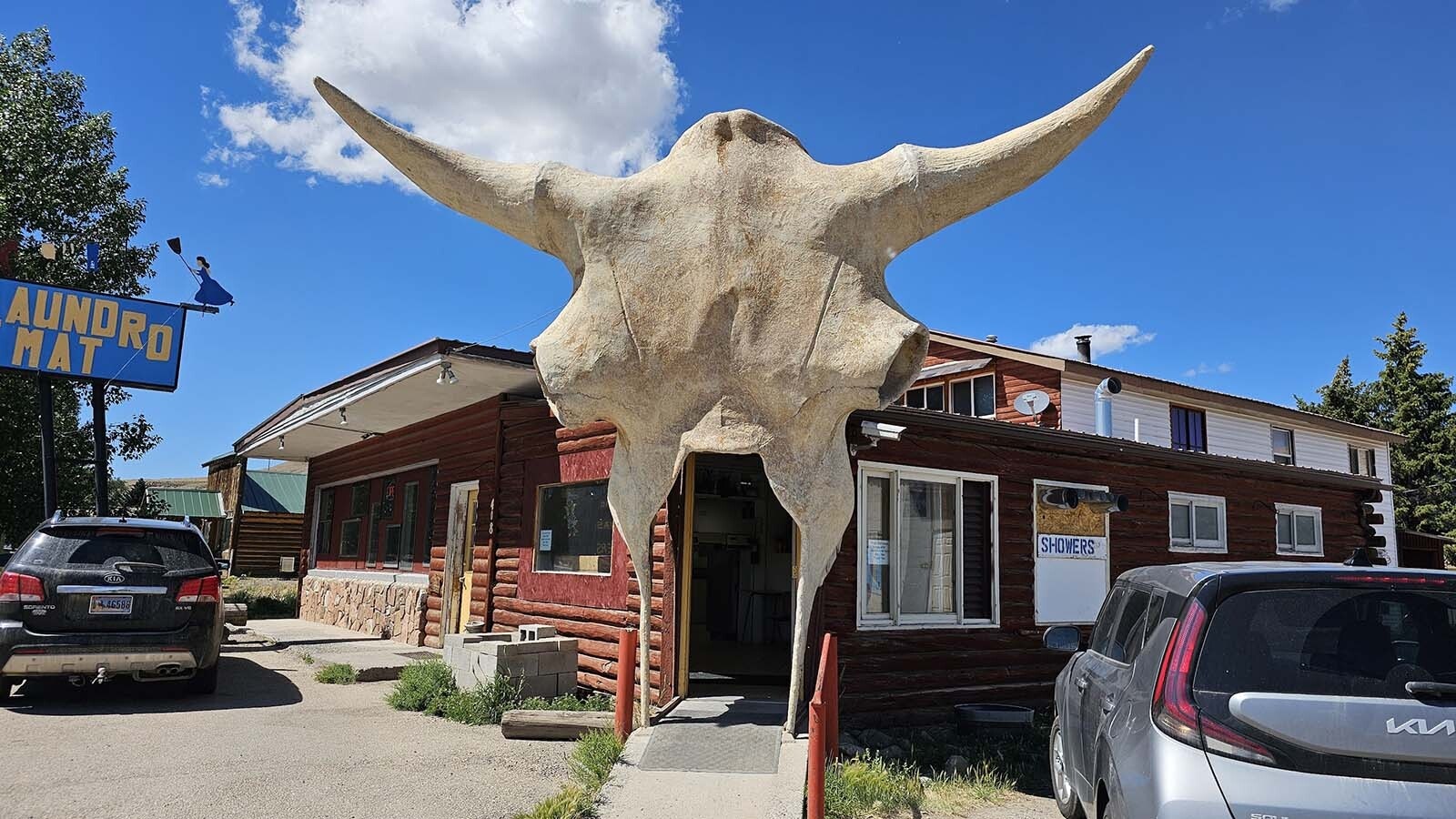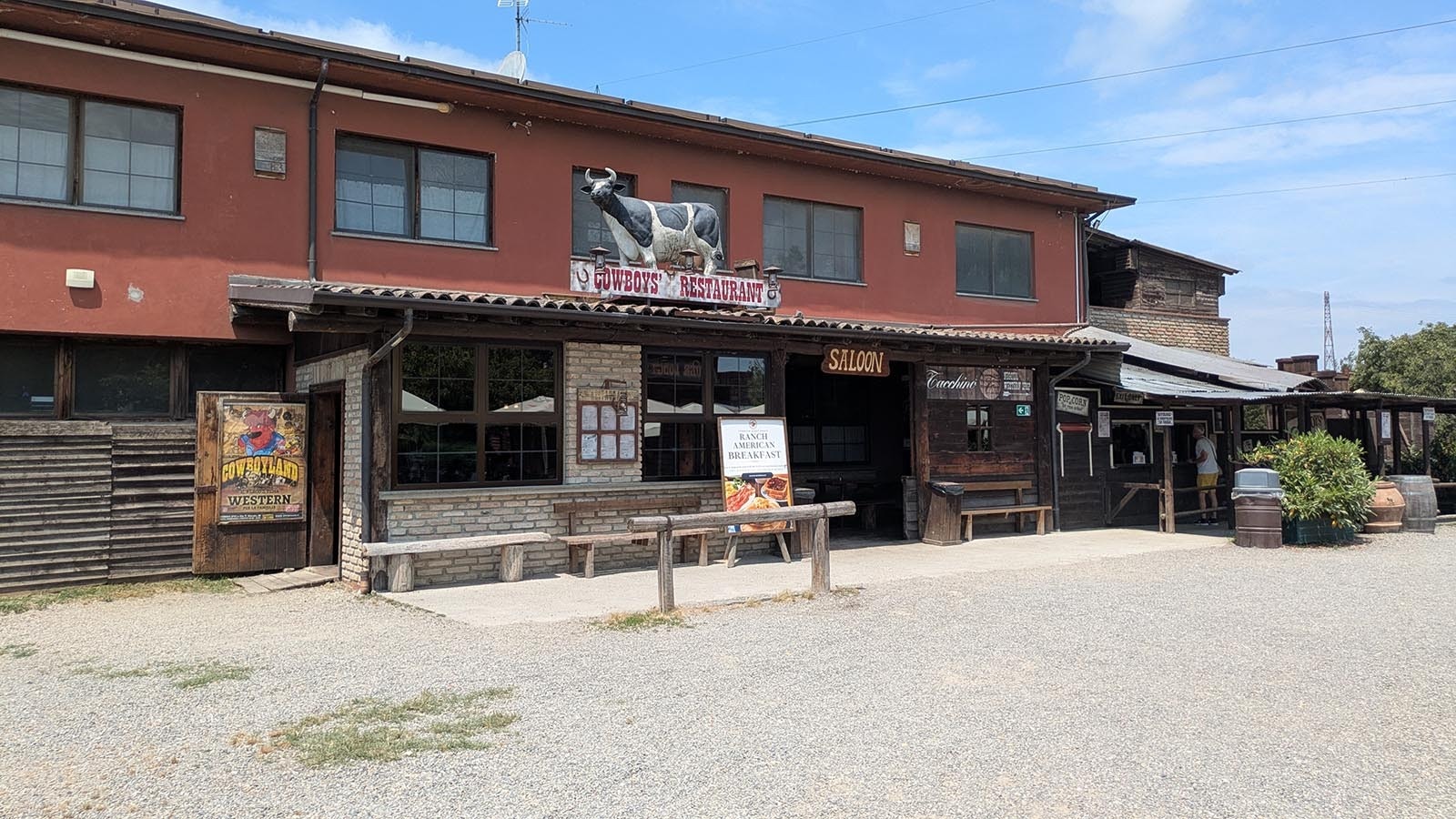In any garden or field, it’s the fertilizer that strengthens the crop, creating a stronger and larger yield.
“Lodging tax is a fertilizer to grow sales and use tax,” said Diane Shober, director of the Wyoming Office of Tourism (WOT).
And Wyoming has a nice batch of fertilizer to draw from right now, Shober told Cowboy State Daily, reporting that preliminary numbers point to an 8% increase in lodging tax collections last month over the same period a year ago.
“And that includes those seven days (Yellowstone was closed), or even for the northern part of Yellowstone, that remains closed,” she said. “So we paced ahead.”
Frees Up General Fund
Two years ago, the Wyoming State Legislature passed a bill authorizing a statewide 3% lodging tax. Most of the money generated from the tax – 80% – directly funds the Wyoming Office of Tourism. Because of this, Shober said the $24 million that had previously been earmarked for the WOT out of the state’s general fund was freed up to be applied to other vital agencies.
“That goes back into, you know, do you need this for schools?” Shober said. “Do you need it for corrections, family and social services? Do you need it for state parks? It’s back into the general fund to be distributed as the legislature and others who are establishing the state budget see fit.”
Because of the revenue generated by the statewide lodging tax in 2021, Shober said the WOT budget is significantly larger than it would have been had the agency been reliant on money from the general fund.
“For 2023-24, we’ve got $39 million for the biennium,” she said, “compared to if we would have remained on the general fund, it would have been $22 million.”
Paid For By Visitors
For a state as tax-wary as Wyoming, legislators appeared to be sold on the idea that most of that new tax would be paid for by visitors to the state rather than residents.
“Roughly 80% of all travel (in Wyoming) is by non-residents,” said Shober. So the taxes collected when a visitor stays at a hotel or other lodging property in the state brings in a significant amount to the state and local coffers.
“If somebody spends $100 at a hotel, they don’t actually spend $100 bucks,” said Ryan Hauck, director of the Park County Travel Council, which markets the second largest tourism destination for the entire state, behind Teton County.
Instead, Hauck said, that person would pay $111, once 11% in sales and lodging taxes are added.
“They spend $100 on the hotel, they spend 4% sales tax (in Park County). They pay (the additional) 3% statewide lodging tax, and then the local (lodging) tax adds a total of 4% – 2% that is guaranteed (by state law), and 2% that I have to go to the voters for every four years.”

Park County
Hauck told Cowboy State Daily that the new lodging tax structure has brought $3 million to Park County in the last year, 90% of which is used to promote Cody, Powell, Meeteetse and parts of Yellowstone National Park to the rest of the country.
“We actually give 10% back to the cities and county per what they collect,” Hauck told Cowboy State Daily. “So for example, if Meeteetse collects $100 In lodging tax, they get $10 back to them.”
Those dollars go into the city or county’s general fund, Hauck said. But the remaining 90% is managed by the travel council board.
“We try to stay at 10% or less for salaries and just admin costs,” he said. “We also do a ton of grants. We do community-specific grants, and we also do attraction grants,” Hauck explained, in addition to the money spent promoting Park County.
The Travel Council also funds the visitor centers in Cody, Powell and Meeteetse, as well as the “East Yellowstone Chamber of Commerce,” which represents the dude ranches between Cody and Yellowstone National Park.


Working Together For Small Communities
The new, higher budget means that the Wyoming Office of Tourism can increase what are known as “cooperative marketing programs.”
“The Park County Travel Council, the Niobrara Promotion Board, any entity across the state, any local lodging tax board can buy into these cooperative marketing programs,” Shober said. “Together, we can go places where individually, we can’t go on our own.”
With the exception of Teton County, Shober said there isn’t a local tourism marketing agency that has the funding to promote themselves nationally.
“There aren’t any of our lodging tax boards that can do something on a national scale the way the Office of Tourism can do it,” she said. “And so, we want to bring along partners to give them that exposure under that Wyoming brand and that Wyoming umbrella.”
Shober said the investments made by her office on marketing and promotion end up directly benefiting small businesses and communities.
“Think about the other purchases that don’t have a lodging tax associated with them, that visitors are buying,” she said, holding up Park County as an example. “(Those purchases are) generating sales and use taxes that are going into the coffers of the City of Cody, the Park County government, the towns of Powell and Meeteetse.”
Shober said the sales and use taxes generated by visitors purchasing groceries, souvenirs and supplies go to pay for local government services, such as police protection, sanitation services, street sweeping, garbage collection, etc.
“All of those things, that sales and use tax that’s collected is supporting local governments,” she said.
Selling Wyoming To The World
“If a consumer is sitting at their home in Harrisburg, Pennsylvania, maybe they’re reading a news story on foxnews.com, and they see an ad for Wyoming,” Shober said. “It engages them, and then they’re interested in knowing more. Maybe Wyoming wasn’t even on their mindset as a consideration as a place to vacation. And then they start exploring more. And then they’ll start to distill down to experiences, and then usually a place to stay.”
That purchasing cycle, Shober explains, is how the Wyoming Office of Tourism works with local agencies around the state to benefit communities.
“If we are all operating independently of one another, that doesn’t really do anybody any good,” she said.
And Hauck pointed out that lodging taxes do make a difference in the overall health of the state’s economy.
“There have been other states before, where they thought lodging tax was not important, such as Colorado,” he explained. “And they saw their tourism industry get depleted immediately. All of a sudden, Wyoming’s numbers spiked up, Montana’s numbers spiked up, Utah’s number spiked up, and Colorado drastically lost.”
“So for us to compete on a regional and national level,” Hauck continued, “this lodging tax is very important to just make sure that we have our tourism industry strong and vibrant, and make sure our name is getting out there.
“Tourism is an industry that can blend well with Wyoming culture,” Shober said. “It has been blending well with our culture since people started coming west.”





